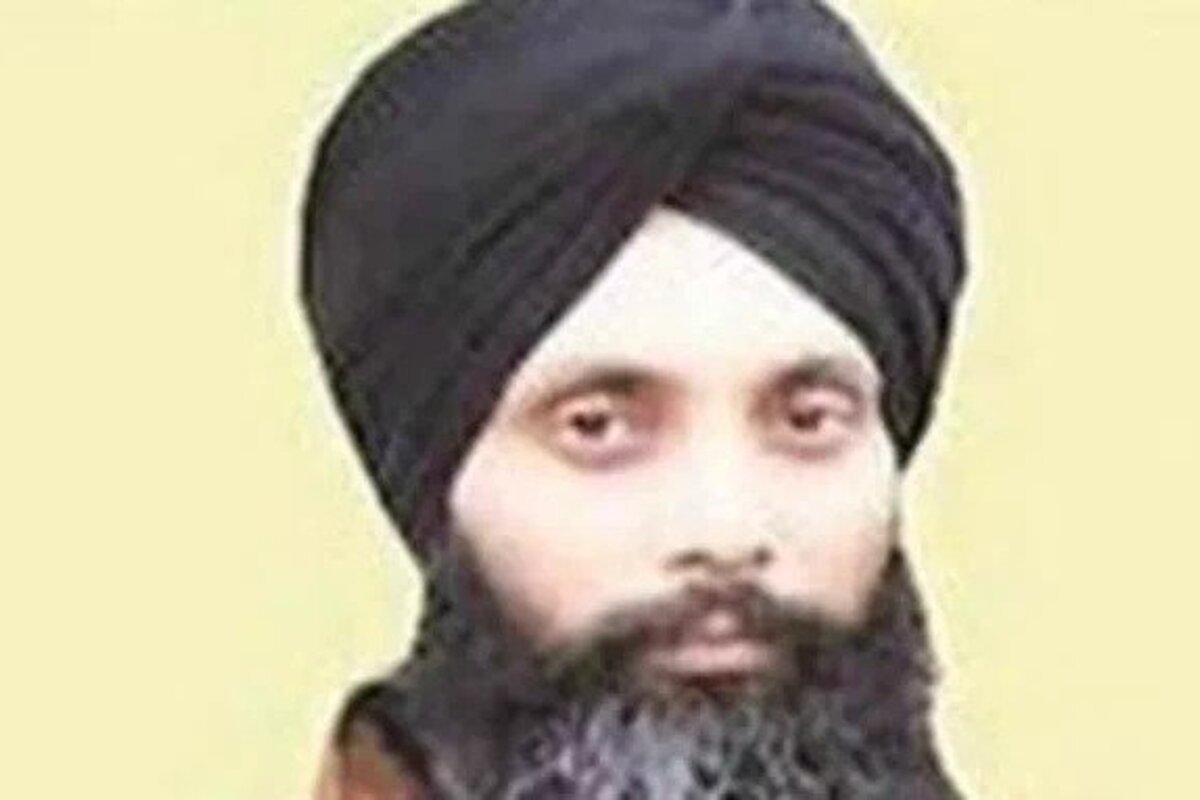Nothing new in Trudeau’s statement on Nijjar’s murder: MEA
MEA spokesperson Randhir Jaiswal said India is ready to investigate the killing but is yet to receive any specific and concrete information regarding it from Canada.

Indian intelligence told the Canadian government about all of separatist leader Hardeep Sing Nijjar’s terrorist actions and how he fled to Canada in 1997 but Canada did not take any action, which sparked the current diplomatic issue between India and Canada over Nijjar’s murder. According to sources cited by news agency PTI, Nijjar requested refuge in Canada and stated that he feared being persecuted in India since he belonged to “a particular social group.” However, Nijjar’s asylum application was denied due to a made-up story. In 1997, Nijjar traveled to Canada with a fake passport and the identity Ravi Sharma.
Nijjar engaged into a “marriage” contract with a woman who sponsored his immigration after his asylum request was denied. This happened only 11 days after his initial claim for asylum was denied. Canada likewise turned down this marriage proposal because the woman had entered the country in 1997 on a different husband’s sponsorship. “Despite consistently asserting his Canadian citizenship, Nijjar disputed the decision in Canadian courts. The reasons for why he later received Canadian citizenship are unclear, according to the investigation,”the report says.
In November 2014, Nijjar received an Interpol Red Corner Notice. In India, Nijjar was charged with more than a dozen murders and other terrorist offenses. The Canadian authorities were given information about the cases, but nothing was done. Even after the RCN, the Canadian government just added Nijjar to a no-fly list and took no more action.
Advertisement
On June 18 this year, Nijjar was slain in a British Columbia gurdwara parking lot. India dismissed the accusation made by Canadian Prime Minister Justin Trudeau that it played a part in the killing, and it sought proof to refute Canada’s assertion in public. As a result, a diplomatic crisis has escalated, with Canada claiming that its claims are supported by human and signal intelligence. According to a CBC story, the intelligence involved interactions with Indian authorities, including Indian diplomats stationed in Canada. It further stated that some of the intelligence was provided by an unnamed Five Eyes alliance ally. The United States, the United Kingdom, Canada, Australia, and New Zealand are all members of the Five Eyes intelligence-sharing network.
Advertisement